ISA Elects Secretary General as Calls Grow to Pause Deep-Sea Mining
The International Seabed Authority (ISA) has elected Leticia Carvalho of Brazil as its next secretary general, as pressure mounts for a pause on efforts to mine the sea floor for minerals for use in the energy transition.
Carvalho replaces two-term incumbent Michael Lodge, the ISA said in a statement on Friday. Her four-year term as head of the United Nations-mandated body that regulates sea-floor mining will start in 2025.
The appointment of Carvalho, who formerly worked for Brazil's oil regulator, could trigger a change in approach at the ISA.
Carvalho told The Guardian last month that rules governing deep-sea mining will take time and that no mining application should be approved before they are complete.
Canada's The Metals Company (TMC) has said it is seeking a license by year-end to extract minerals from the ocean floor.
MEETINGS
The ISA last week finished a series of meetings in Kingston, Jamaica, where the 36 member council was drafting a mining code that would regulate the exploration and extraction of "polymetallic nodules" and other deposits on the ocean floor.
Negotiators have been racing to ensure that formal rules are in place before mining activity begins. Those rules are not likely to be completed until next year.
As many as 32 states have called for a pause on deep-sea mining, said the Deep Sea Conservation Coalition, a group of non-governmental organizations that oppose deep-sea mining.
"Many (states) are calling for a moratorium or precautionary pause on deep-sea mining until we have the science needed to inform a robust evidence-based regulatory framework that protects ocean ecosystems from harm," said Julian Jackson, seabed mining project director at The Pew Charitable Trusts.
The rush to complete the mining code was triggered by the Pacific island state of Nauru saying it would submit a mining license application on behalf of TMC, which triggered the so-called "two-year rule" in 2021.
That rule allows mining applications to be submitted within two years, whether the mining code has been finalized or not.
Environmental groups have called for all seabed activity to be banned, arguing that industrial operations on the ocean floor could cause irreversible biodiversity loss.
TMC has said extracting nodules from the ocean floor is far less damaging than terrestrial mining and will boost supply of elements such as nickel and cobalt that are widely considered vital for the global energy transition.
(Reuters - Reporting by Melanie Burton; Editing by Christopher Cushing)

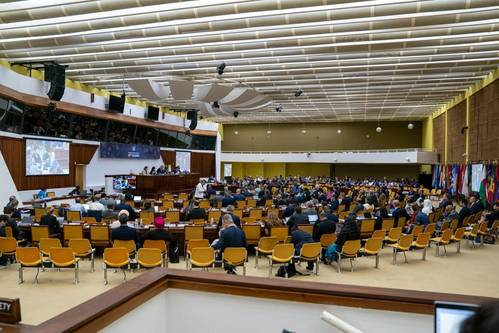
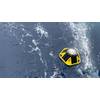
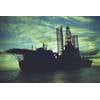

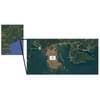
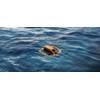







 December 2025
December 2025



